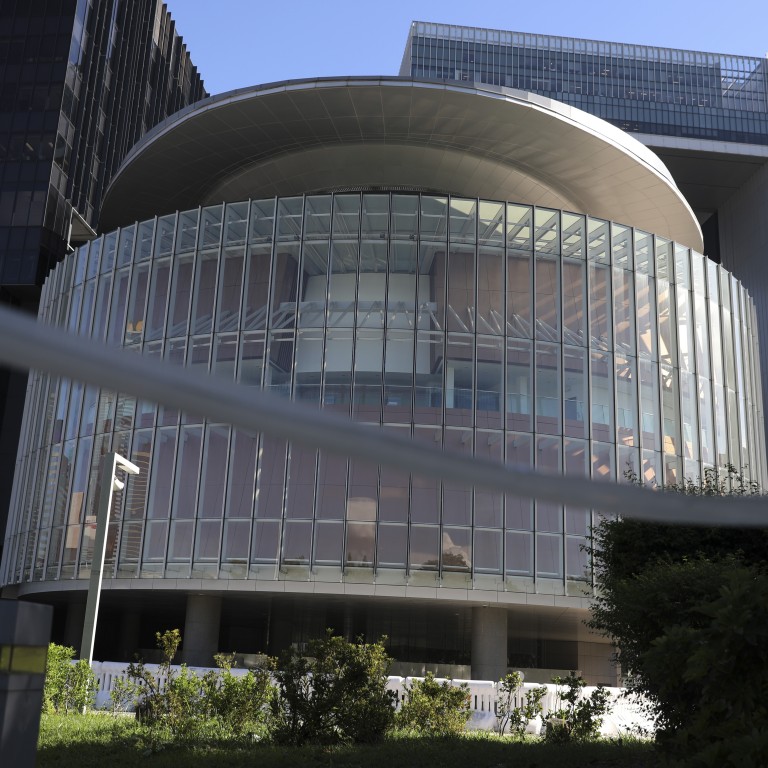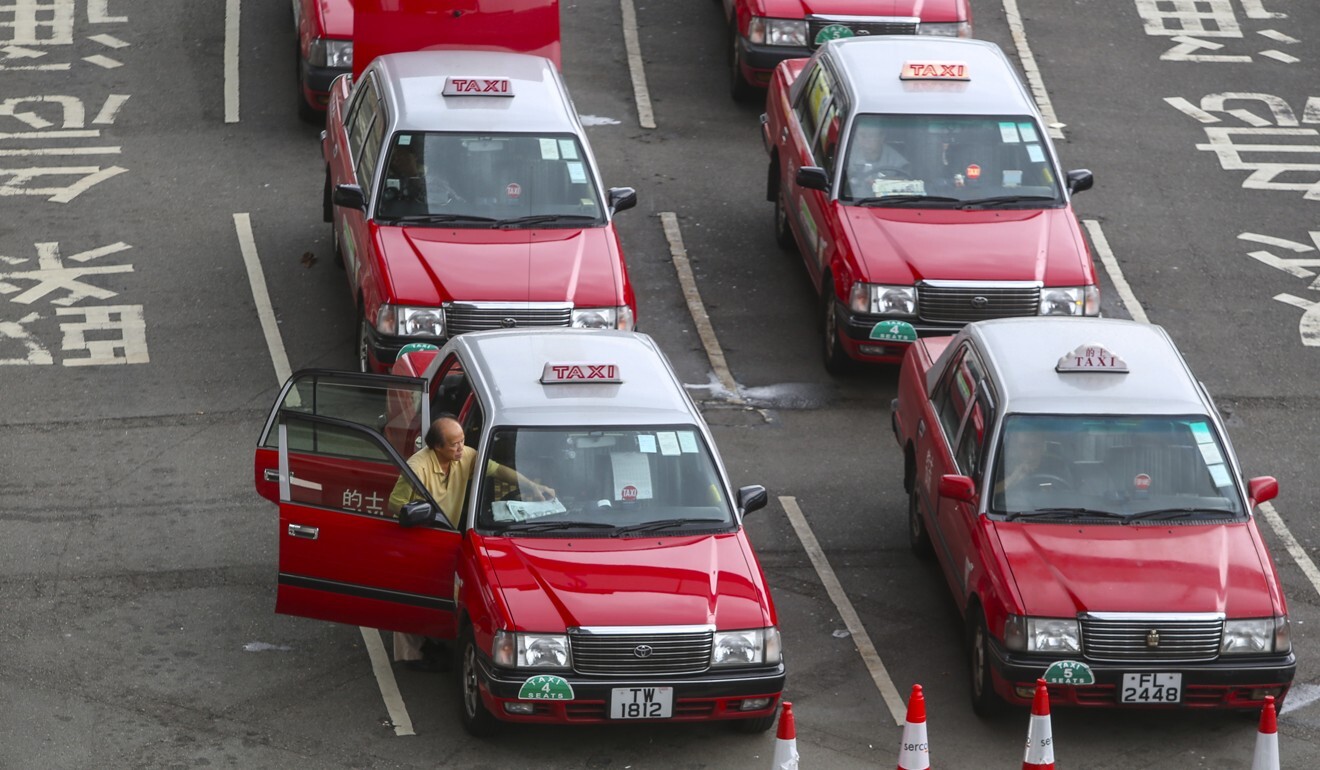
Legco term extension breathes new life into four Hong Kong bills, but parties’ support for the measures is anything but certain
- Scrutiny of the legislation is likely to be renewed after it was abandoned in June due to time constraints
- The bills deal with premium taxis, the city’s housing supply, a ban on e-cigarettes and a waste disposal charge
The uncertainties surrounding the government’s policymaking came as the last Legco session before summer saw the ditching of four separate pieces of draft legislation aimed at tackling the city’s housing supply, premium taxi services, e-cigarettes and waste disposal.

The bills deal with measures establishing a new class of premium taxis, banning the sale of electronic cigarettes, introducing a mandatory waste disposal charge and creating a vacancy tax to punish developers which leave flats empty for long periods.
However, questions still linger over their respective fates, as lawmakers across the political spectrum may find themselves having second thoughts about the bills.
Most of Hong Kong’s opposition will serve out extended Legco term
Wu Chi-wai, chairman of the opposition Democratic Party, which has seven Legco seats, said that even if the scrutiny of the four bills resumed, his party’s lawmakers would approach them from the perspective of whether they better enabled the government to quash dissent.
“The Legco extension is unprecedented and we are not sure if the four bills committees will resume working. I assume the House Committee meeting will handle this issue and we’ll have the answer,” he said.
“Even if the work will continue, the Democratic Party now adopts a different approach. We’ll look beyond the bills themselves and revisit our stance for each bill. We will see whether the new laws would further empower the government to crack down on its opponents.”
“It’s supposed to be the job of the health inspectors. Now it becomes a political tool for police to casually arrest people,” he said.

He said some of the bills, such as the waste disposal charge, might appear apolitical, but even that proposal would involve the installation of security cameras in certain areas to monitor people’s compliance, possibly giving rise to the infringement of privacy and abuses of power by police.
“Amid the growing social distrust of the government, if any proposed law will empower the government’s authority and restrict people’s freedoms, we will certainly oppose it,” he said.
Lawmaker Vincent Cheng Wing-shun, of the Democratic Alliance for the Betterment and Progress of Hong Kong (DAB), which has 13 Legco seats, said his party might have doubts of its own about the waste disposal bill.
“My understanding is that the four bills committees are likely to resume their scrutiny work, but it will be up to the House Committee to decide,” Cheng said. “As to our stance for each bill, we have not formally discussed these matters or reached any consensus. But we still hold reservations about the waste disposal charge.”
Are Hong Kong voters paying for electoral officials’ mistakes?
However, Jeremy Tam Man-ho, of the opposition Civic Party, said his group had not changed its stance and remained supportive of the four bills.
“Actually, we’ve supported the four bills. It was only the delaying tactics of the pro-establishment lawmakers which caused the shelving of these bills,” Tam said.
Meanwhile, lawmaker Frankie Yick Chi-ming, of the pro-business Liberal Party, said he had always opposed the franchised taxi bill.
“For the other bills, our party hasn’t discussed these yet, so we haven’t reached a decision,” Yick said.
Jeffrey Lam Kin-fung, an Executive Council member and lawmaker from the pro-Beijing Business and Professionals Alliance for Hong Kong, which holds eight Legco seats, said his party had not discussed its position on the four bills yet.

In response to inquiries from the Post, the Food and Health Bureau was adamant that the proposed ban on e-cigarettes should go ahead, saying it would “seize the opportunity to fight for the passage of the proposed ban on all alternative smoking products at the quickest possible time and enhance the overall work on tobacco control”.
Of the taxi bill, the Transport and Housing Bureau said: “The government will take into account the views of the public and relevant circumstances when considering whether or when to reintroduce the bill into Legco.”
With regards to the vacancy tax, the bureau said bills committee members had expressed divergent views, and that it would give appropriate consideration to public opinion.
The Environment Bureau, meanwhile, said it would communicate with Legco about how to proceed with work on the waste disposal bill in later meetings.

